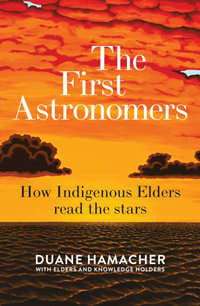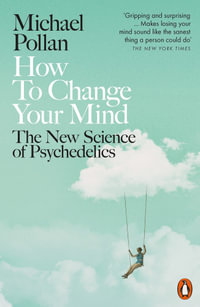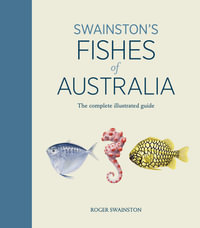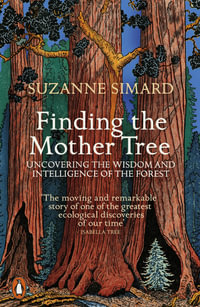The nineteenth century seems to have been full of hysterical women - or so they were diagnosed. Where are they now? The very disease no longer exists. In this fascinating account, Andrew Scull tells the story of Hysteria - an illness that disappeared not through medical endeavour, but through growing understanding and cultural change. More generally, it raises the question of how diseases are framed, and how conceptions of a disease change through history.The lurid history of hysteria makes fascinating reading. Charcot''s clinics showed off flamboyantly ''hysterical'' patients taking on sexualized poses, and among the visiting professionals was one Sigmund Freud. Scull discusses the origins of the idea of hysteria, the development of a neurological approach by John Sydenham and others, hysteria as a fashionable condition, and its growth from the 17th century. Some regarded it as a peculiarly English malady, ''the natural concomitant of England''s greater civilization and refinement''. Women were the majority of patients, and the illness became associated with female biology, resulting in some gruesome ''treatments''. Charcot and Freud were key practitioners defining the nature of the illness. But curiously, the illness seemed to swap gender during the First World War when male hysterics frequently suffering from shell shock were also subjected to brutal ''treatments''. Subsequently, the ''disease'' declined and eventually disappeared, at least in professional circles, though attenuated elements remain, reclassified for instance as post-traumatic stress disorder.Hysteria: the biography is part of the Oxford series, Biographies of Diseases, edited by William and Helen Bynum. In each individual volume an expert historian or clinician tells the story of a particular disease or condition throughout history - not only in terms of growing medical understanding of its nature and cure, but also shifting social and cultural attitudes, and changes in the meaning of the name of the disease itself.
Industry Reviews
`Review from previous edition Elegantly constructed book...Skull is otherwise exemplary on the whole historical curve.'
George Rousseau, TLS
`The stories they tell are often fascinating and alarming - pitched somewhere between farce, genius, horror and a lab report.'
The Scotsman
`These four 'biographies' of diseases go far beyond questions of biology or medical practice; they talk politics, sex and class, faith.'
The Scotsman
`The notion of an ailment having a birth, a lifespan, and - ideally - a demise...is an illuminating and useful concept.'
Wendy Moore, British Medical Journal
`Andrew Scull's exploration...provides an utterly enthralling study of medical ideology and sociology.'
Wendy Moore, British Medical Journal
`Should be required reading for all students of medicine.'
Wendy Moore, British Medical Journal

























